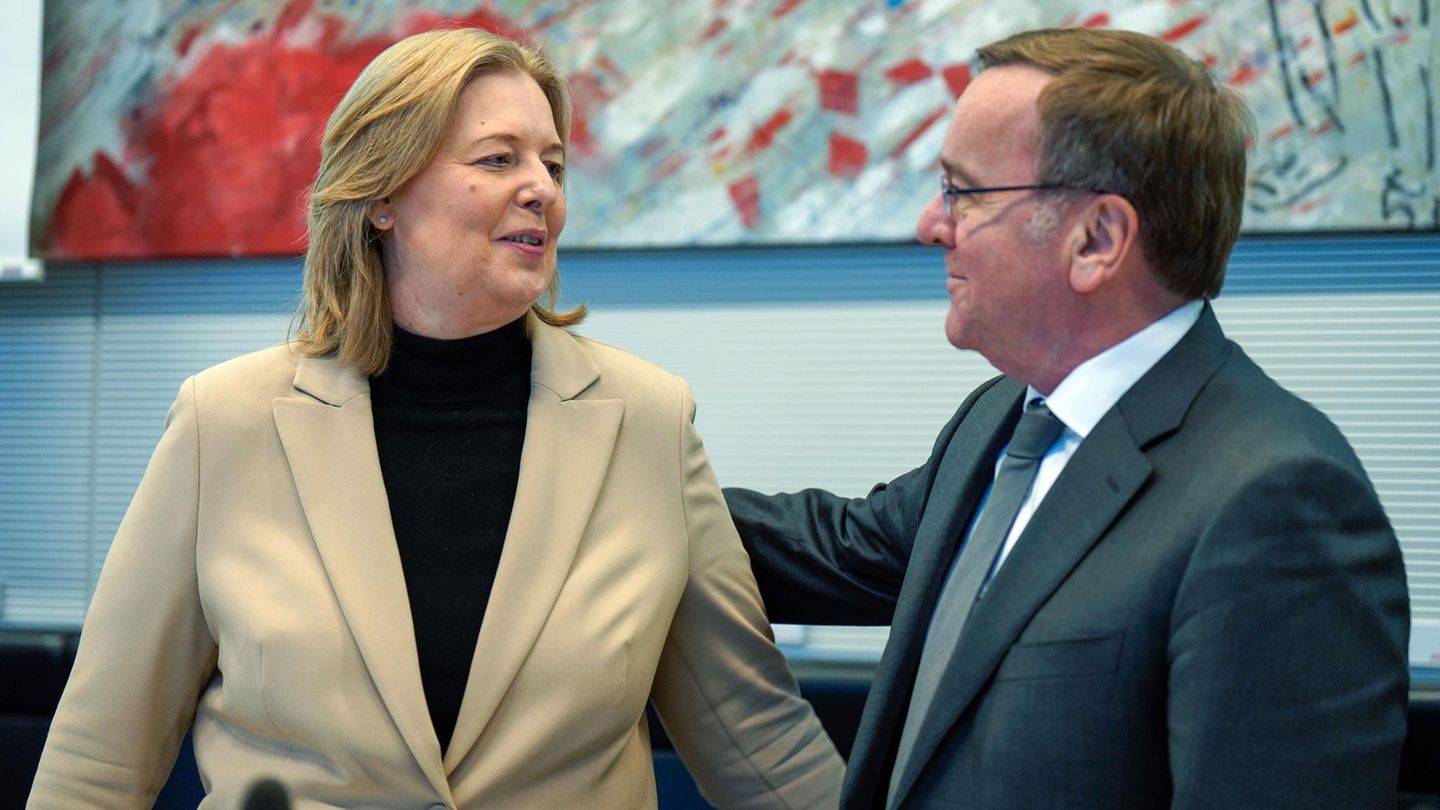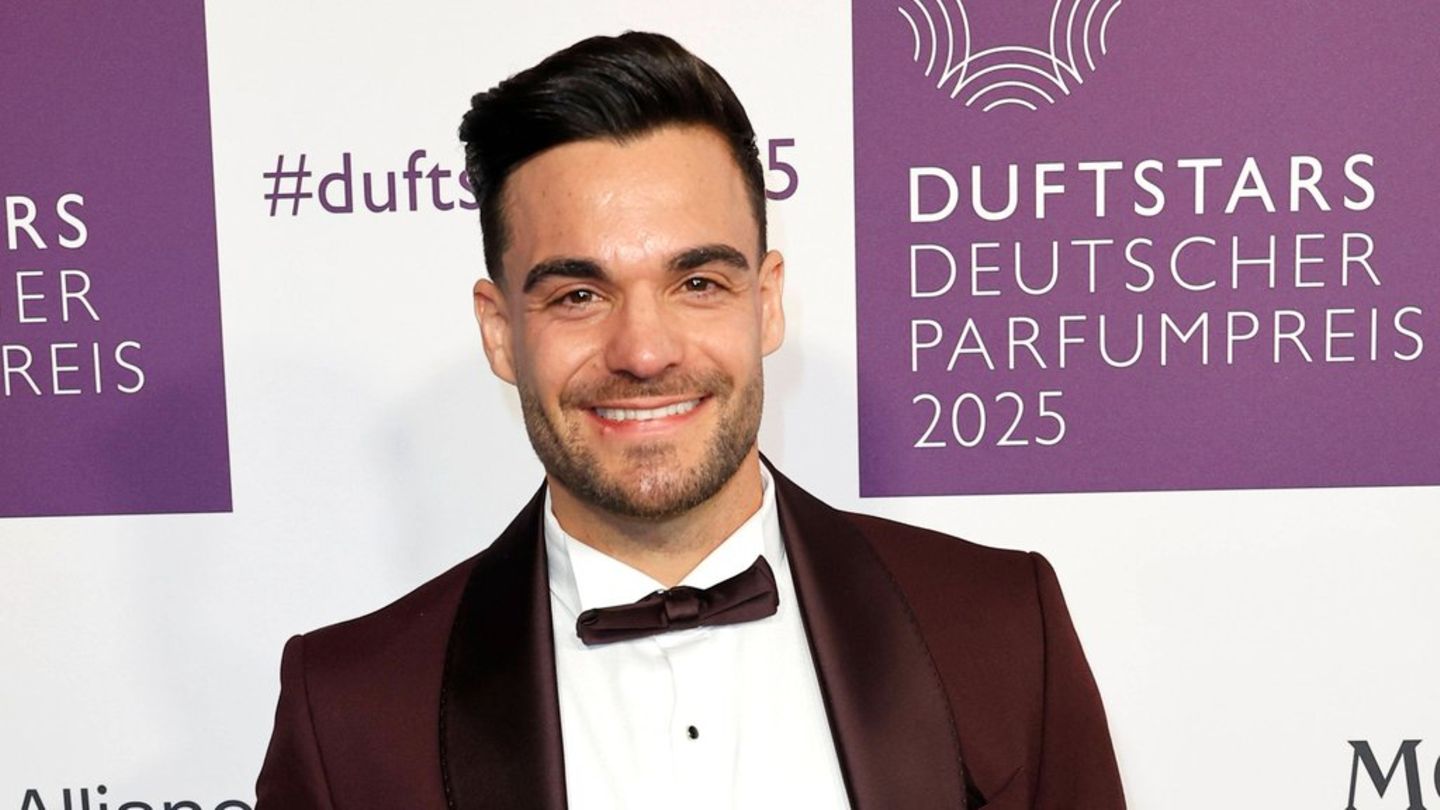Four women, three men, including a migrant and one East German – and almost all new in the cabinet: the SPD goes to the new federal government. Who are you?
Now she is standing, the planned federal government. Only one day before CDU boss Friedrich Merz is to be elected Chancellor from the Bundestag, the SPD leadership has committed itself to its staff for the federal cabinet. In contrast to the Union, SPD boss Lars Klingbeil has more than just preserved gender parity.
Otherwise the following applies: everything is new. Except for Boris Pistorius, all nominated newcomers are in the Federal Cabinet, with some government experiences bringing from the second row or in the country. And: Klingbeil’s co-chair Saskia Esken was not taken into account, which should still ensure debates. Here are the designated ministers in the quick check.
Finances: Lars Klingbeil
© Imago/Andreas Gora
As the future finance minister and Vice Chancellor, the SPD boss will form the social democratic power center in the black and red alliance. Advantage: As a treasurer of the coalition, Klingbeil, 47, directs the funds from the special infrastructure in debt. Disadvantage: Klingbeil will also have to implement the announced savings. Last but not least, to prove that he is a conscientious housekeeper and that the billions do not print out.
Klingbeil is facing a cold start. As the new finance minister, he must present two federal budgets (for 2025 and 2026). The traffic light government has broken at the household for the current year; Germany is in the provisional housekeeping. What financial priorities the republic wants to set, what the black and red politics looks like in numbers-that will be the first test.
It will be his first government office. The prospects-measured by a predecessor of him-are not bad from this post: As finance minister and Vice Chancellor, a certain Olaf Scholz paved the way to the SPD chancellor candidacy.
Work and social issues: Bärbel Bas
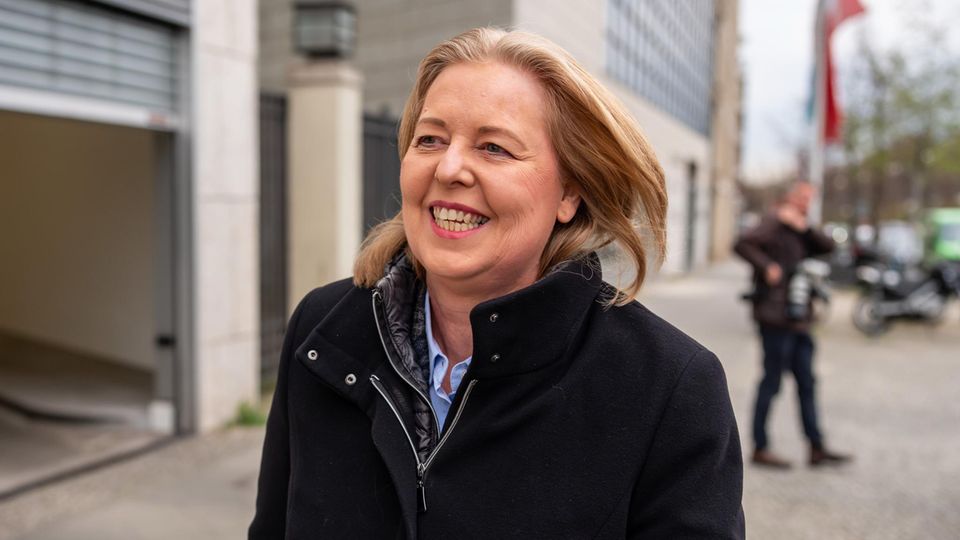
© Michael Kappeler
Bärbel Bas was traded for many posts – the only question was which one would be. So now she takes over from Hubertus Heil, who run the house for almost eight years. The 56-year-old will be largely responsible for the citizens’ reform, and pension policy is also located with her. These are SPD core topics, but as the result in the Bundestag election showed: there was more to lose for the SPD than to win.
The former Bundestag president has repeatedly won her constituency in Duisburg directly – for the fifth time in a row, against the national trend. This is rare and gives it special authority in the federal party, but also in the powerful and influential SPD state association North Rhine-Westphalia. In addition, BAS brings a social democratic flagship vita.
After the secondary school leaving certificate, she learned welding at the vocational school, but later went to the Duisburg Transport Society and rose into a leadership position. In 2009 she was elected to the Bundestag for the first time and recommended herself as a health politician before she was elected parliamentary president in 2021. She is a football fan (MSV Duisburg) and drives a Harley-Davidson (Low Rider).
Remains for the SPD Defense Minister: Boris Pistorius
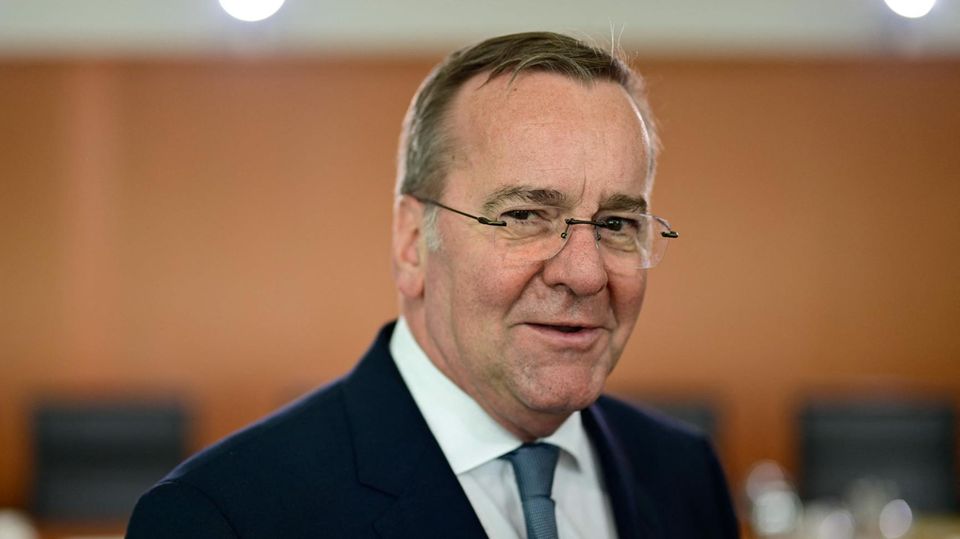
© John Macdougall
Boris Pistorius remains what he is and what he, according to his own statements, is also best: Federal Defense Minister. The social democrat has had the chance to become a candidate for chancellor in late autumn. Instead, he can continue to take care of what he has taken care of in February 2022 with his now 65 years that he has been taking care of Ukraine: the so -called turning point. Or, to formulate it with one of his most controversial statements: he wants to make Germany warming.
The former mayor of Osnabrück and Interior Minister of Lower Saxony has the most difficult task in the cabinet: he has to expand the small, descended peace force called Bundeswehr to a significantly larger, modern and above all operational defense army.
In addition to experience in office, what will help him is his unbroken popularity in the population – but above all the billions of debt, which he can invest in military expenses thanks to the opening clause anchored in the Basic Law.
Environment: Carsten Schneider
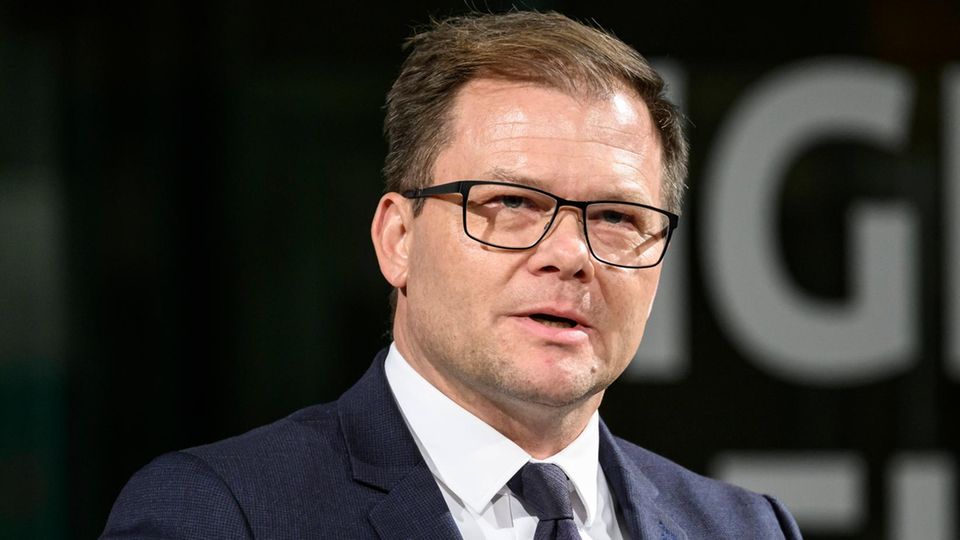
© Uwe Koch
At 49, he still goes through as a young in politics. But actually Schneider is a senior in Berlin. In 1998 he moved into the Bundestag as the youngest member of the SPD to avoid leaving him. He was also an exotic in parliament, which had grown up in a PLATTER area in an Erfurt prefabricated area in the GDR period and had just had his banking apprenticeship-but quickly got the rules.
In the parliamentary group, he rose from the mighty budgetary spokesman to the parliamentary group vice and finally to the first parliamentary managing director. In 2021 he should then become a minister of construction, but was then not taken into account for parity reasons. Instead, he became Minister of State and Eastern representative in the Chancellery with a seat at the cabinet table, more employees and growing self -confidence.
Schneider’s balance was better than that of his predecessors – which is also a reason that he is now becoming a minister of the environment and climate, although he had little to do with it. Klingbeil, with which he is friends, apparently trusts the professional Schneider to fill and sell the more difficult topic. Especially: Schneider naturally fulfills the East Proporz, which he always demanded.
Justice: Stefanie Hubig
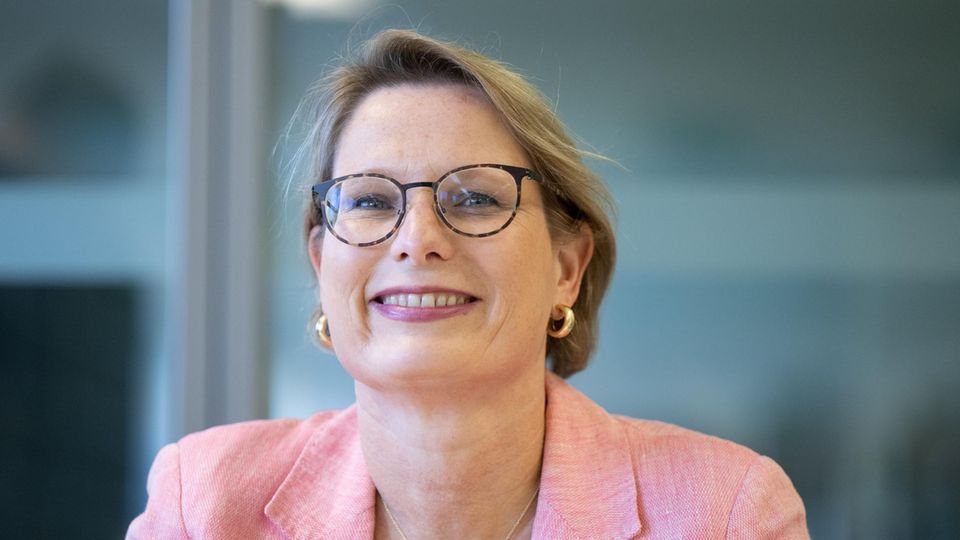
© Boris Roessler
The Frankfurt native has experience: she was a judge and prosecutor and worked as a state secretary in the Federal Ministry of Justice, where she took care of the tightening of sexual criminal law, among other things. Then the move to Rhineland-Palatinate followed, where it also reoriented. She has been serving in Mainz as Minister of Education for nine years, and in 2020 she headed the Conference of Ministers of Culture.
Now she returns to Berlin with 56. The Ministry of Justice is an important task, but a manageable department, especially since some reforms under the former FDP minister Marco Buschmann were completed or at least approached. The advertising ban on abortions was abolished, digitization is actually progressing.
Nevertheless, the coalition agreement has difficult tasks for Hubig, such as the long -planned family law reform. And: The coalition wants to regulate the withdrawal of the passive right of voting after multiple conviction for sedition.
Building and living: Verena Hubertz
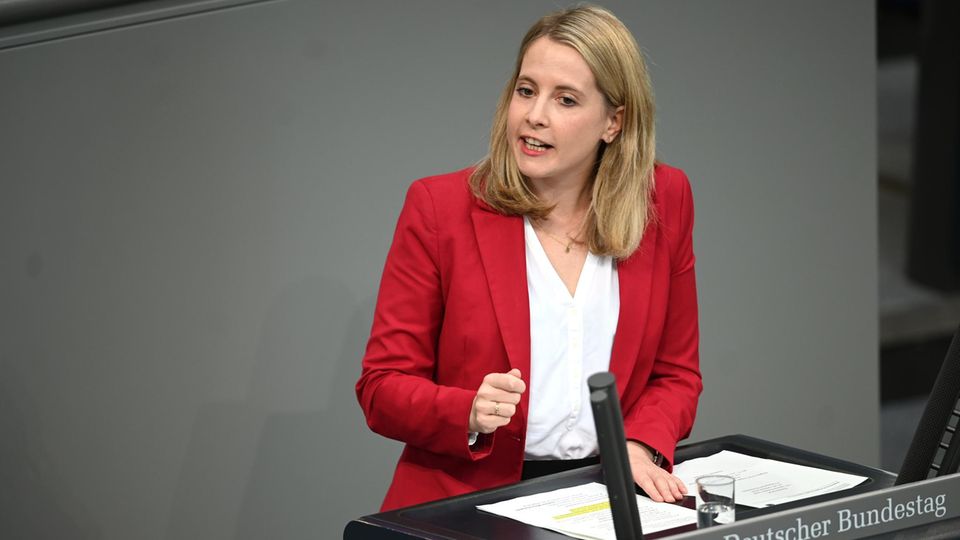
© Rabea Gruber
Verena Hubertz continues her lightning career, stands in the SPD cabinet like no other for the “generation change” that party leader Klingbeil has called for.
The 37-year-old start-up founder from Rhineland-Palatinate moved into the Bundestag for the first time in 2021 and has already been elected one of the deputy parliamentary group leader. She is considered the architect of the “Germany Fund” with which the SPD has moved to the election campaign and has recommended herself with digital affinity as an economic expert. She has also been traded for the post of Secretary General.
As a minister of construction, she follows Klara Geywitz-and takes on a difficult legacy: the traffic light destination of 400,000 apartments per year has always been missed, the living space, especially in metropolitan regions, remains scarce and the (rental) prices are high. Hubertz thus takes up an office in which there is a lot to win, but also to lose a lot.
Development aid: Reem Alabali-Radovan
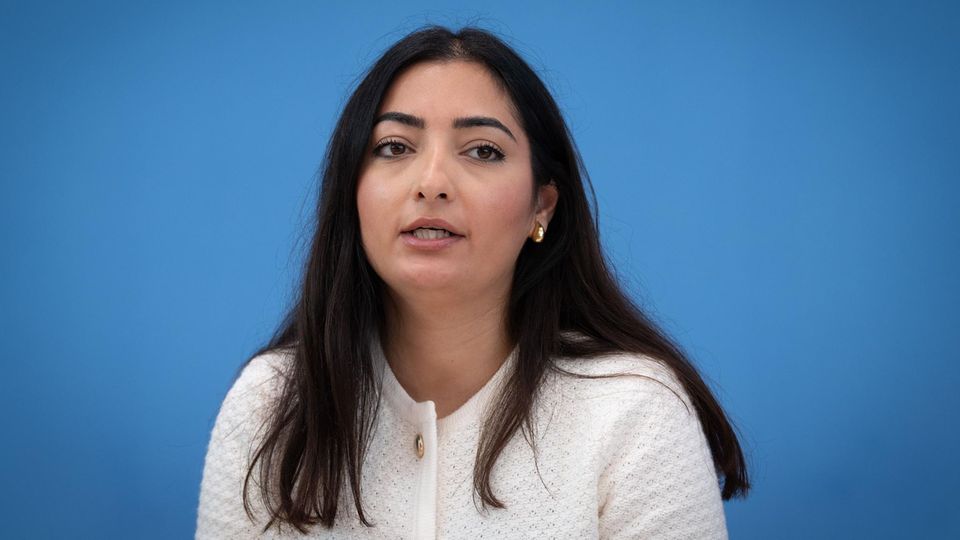
© Soeren Stache
It is a surprise in the cabinet. On the one hand, the previous Minister for Economic Cooperation and Development, Svenja Schulze, fought very aggressively for her whereabouts in office and had had the mighty state association of North Rhine-Westphalia. On the other hand, Klingbeil’s co-chair Saskia Esken pushed to the post.
But the party leader dares to diversity and chose a young migrant who had been sitting in the second row in the cabinet for several years: Reem Alabali-Radovan was recently Minister of State for Migration in the Chancellery and representative for anti-racism.
Her parents come from Iraq, she was born in Moscow in 1990 and received asylum in 1996 in Germany. She grew up in goods and Schwerin in Mecklenburg-Western Pomerania. After studying politics, she took care of migration and integration in the state administration of Mecklenburg-Western Pomerania. In 2021 she entered the SPD and then moved directly into the Bundestag. At the age of 35, Alabali-Radovan is becoming Federal Minister of a small but quite complicated department. But she is considered a fighter: at home she boxes in the BS Tractor Berlin.
Source: Stern
I have been working in the news industry for over 6 years, first as a reporter and now as an editor. I have covered politics extensively, and my work has appeared in major newspapers and online news outlets around the world. In addition to my writing, I also contribute regularly to 24 Hours World.

